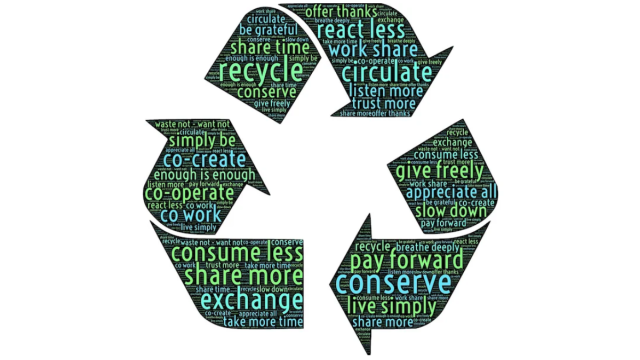As corporate sustainability continues to gain prominence, businesses are realizing the vital role they play in environmental preservation. One significant aspect that companies are focusing on is electronic recycling. This practice not only aligns with environmental goals but also contributes to responsible waste management. In this article, we delve into the importance of implementing electronic recycling as a core component of corporate sustainability strategies.
Environmental Impact of Electronic Waste
Contents
The proliferation of electronic devices in today’s world has led to a surge in electronic waste (e-waste). These discarded devices often contain hazardous materials such as lead, mercury, and cadmium that can seep into soil and water, posing serious health risks to humans and wildlife. By incorporating electronic recycling into their sustainability initiatives, companies can help mitigate the adverse environmental effects of improperly disposed electronics.
Resource Conservation and Raw Material Recovery
Electronics contain valuable resources like precious metals, rare earth elements, and other materials that can be recovered through recycling. Implementing electronic recycling programs allows companies to reclaim these resources, reducing the need for new raw materials and minimizing the environmental impact of resource extraction. This not only conserves natural resources but also contributes to a circular economy where materials are reused and repurposed.
Compliance with Regulations
Governments worldwide are enacting stricter regulations regarding the disposal of electronic waste. Non-compliance with these regulations can result in fines and damage to a company’s reputation. By embracing electronic recycling, businesses ensure they adhere to these evolving regulations, demonstrating their commitment to responsible environmental practices. This proactive approach safeguards the company’s operations and avoids potential legal and financial repercussions.
E-Waste Management as a CSR Initiative
Corporate Social Responsibility (CSR) has become a significant driver of business decisions. Including electronic recycling in CSR initiatives showcases a company’s dedication to ethical practices and environmental stewardship. These efforts resonate positively with consumers and stakeholders who are increasingly inclined to support environmentally conscious businesses. Moreover, incorporating electronic recycling into CSR programs extends a company’s impact beyond its immediate operations, contributing to a more sustainable global ecosystem.
Energy Savings and Carbon Footprint Reduction
The recycling process requires less energy compared to the extraction and processing of raw materials. By recycling electronics, companies can significantly reduce their energy consumption and, consequently, their carbon footprint. This reduction in energy usage aligns with broader sustainability goals, aiding companies in achieving their carbon neutrality and energy efficiency targets.
Collaborative Partnerships
Implementing electronic recycling often involves collaborating with specialized e-waste recycling facilities. Engaging with these partners creates a network that fosters sustainable practices and knowledge sharing. Such collaborations can lead to innovative solutions for managing electronic waste effectively, benefiting both the company and the environment.
Incorporating electronic recycling into corporate sustainability strategies is a prudent and responsible decision for businesses of all sizes. Beyond environmental benefits, electronic recycling aligns with regulatory compliance, showcases commitment to CSR, and aids in conserving resources and reducing energy consumption. By embracing electronic recycling, companies not only contribute to a greener future but also position themselves as leaders in ethical and sustainable business practices. As the global community continues to address the challenges of electronic waste, businesses have a pivotal role to play by making electronic recycling an integral part of their corporate sustainability initiatives.


